To all our enthusiastic teachers and school staff
Welcome back to term three. We have classroom activities to help you reduce plastic waste at your school, inspiring learning journeys from regional schools, gardening videos from Costa and Peg, the Plastic free schools challenge to enter, and more.Welcome back to term three. We have classroom activities to help you reduce plastic waste at your school, inspiring learning journeys from regional schools, gardening videos from Costa and Peg, the Plastic free schools challenge to enter, and more.
Plastic free schools challenge
Around the world, there is growing awareness about the plastic pollution problem.
Students (and their school communities) are taking action on reducing plastic waste, becoming part of the solution. The Plastic free schools challenge provides resources and ideas to help reduce single-use plastic waste every day at school (and at home), so we can have cleaner streets, oceans and communities.
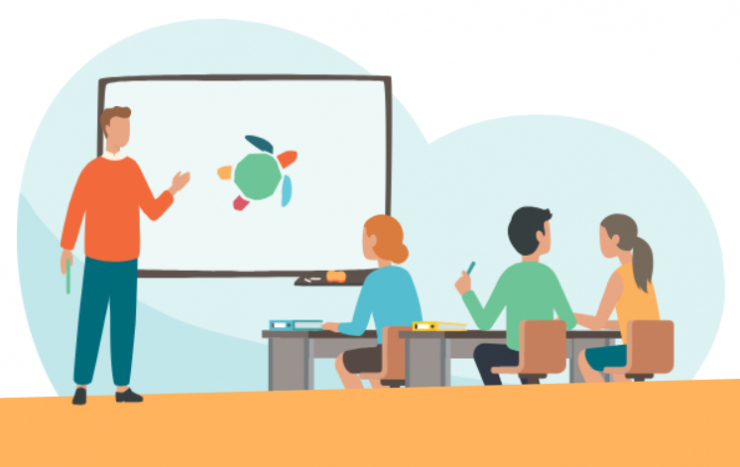
Plastic Free Term Three classroom activities
Landfill is the last resort for plastic waste. Great Schools avoid purchasing single-use plastics and choose reusable products instead.
Will you join Plastic Free Term Three by choosing to run lessons about single-use plastic?
Waste Wise Schools has activities for primary and secondary school classes!
Secondary schools: run the Message in a Plastic Bottle activities from our cross-curricular guide to reduce plastic waste.
Primary schools and Secondary schools: Use the following activities with information from the Waste Wise Schools single-use plastics factsheet.
1. Investigate the WA Plastic Bag Ban 2018, why it occurred, and the citizens, NGO’s, social media campaigns, and elected representatives that brought about the change in legislation.
(Year 8, Hass Civics and Citizenship, ACHCK062))
2. Conduct a single-use plastic survey of your house, classroom, or administration area (with permission). Record single-use items found and the number of items. Have the students research an alternative, reusable item.
Students research the price of the single-use item and calculate the number used per year. They can then compare this to the price of a reusable item and see if there are any savings.
E.g. Will you save money by purchasing a reusable water bottle instead of buying a single-use water bottle each day?
How many times can I refill a 120ml reusable drink container from a 2L juice carton? Can I save money by buying a two-litre carton of juice that I use to refill a reusable drink container instead of buying a six pack of juice boxes to take to school?
(Year 7 Maths, Money and Financial Mathematics, (ACMNA174))
3. Complete a rubbish survey of your lunch at school. Make a table with the following column headings: Paper, plastic, glass, metal, other.
When students go to lunch, tell them to bring back anything disposable that their various individual lunch items were in (e.g. sandwich wrapping, snack wrappers, yogurt containers etc). Use the table to count the total number of items made from each type of material and ask students to make a column graph to display this data.
Discuss the main types of waste left over from lunch and where it will end up.
Complete a brainstorm with the class: how could they reduce the amount of waste produced from their school lunches?
Check out the WWS Waste-free lunch toolkit for information about packing a waste-free lunch.
Year 4 Maths, Data representation and Interpretation, (ACMSP096))
4. Investigate the floating properties and densities of different types of plastic. Either complete a quick plastic rubbish collection in the playground after recess or save plastic of different thicknesses from lunch box items.
Fill a large glass jar or cylinder with water and discuss the relative heaviness of materials. Show the students how heavy materials like metals sink and light materials like leaves float. Ask them to predict what plastic will do. Then submerge different types of plastic in the water (denser plastics will sink, medium density plastics will float midway through the water column, and the less dense plastics will float on top).
Discuss how marine debris is made up of a lot of plastic litter. Due to the different types of plastics and the different densities, plastic is found throughout the water column of the ocean and other water bodies, having a huge impact on the ecosystem.
Discuss ways to reduce the use of single-use plastics, as listed in the fact sheet.
(Year 4 Science Chemistry (ACSSU074))
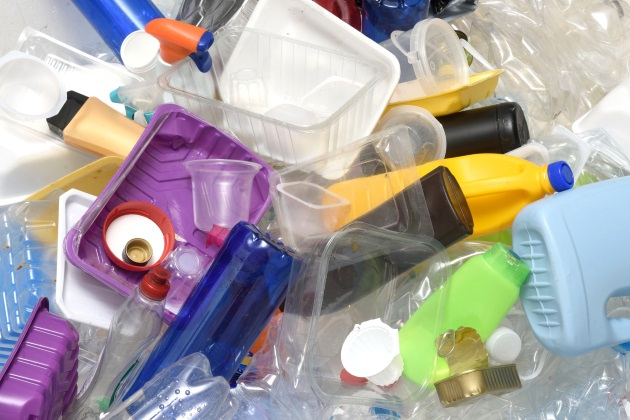
Learning journeys for schools
So many schools across regional WA are doing amazing things in their classrooms and with their communities! Curious to know what others have done? Read the snippets of the inspirational schools below or contact us for a link to watch the regional TeachMeet webinar!
Augusta Primary School
Augusta Primary School manages all their organics, paper, and recyclables on site. Fruit and vegetable scraps are collected from the whole school and students from the senior class feed them to the worm farms. During assemblies, students sell the worm wiz and garden produce to the community. This money is reinvested in the school garden, to buy things like seedlings. Each class spends time in the school garden and looks after plants, helping them to learn about the cycle of nutrients!
The school is a zero paper-waste school as all paper is recycled and reused on-site. Students shred and soak left over paper to make firebricks. The firebricks are given away to elderly members of the community or sold at assemblies. They also make weed mats for the Shire of Augusta Margaret River. The senior class rehabilitates a local area by planting salt-berry bush seedlings in the middle of the weed mats as this gives the native seedlings a higher chance of survival. How cool!
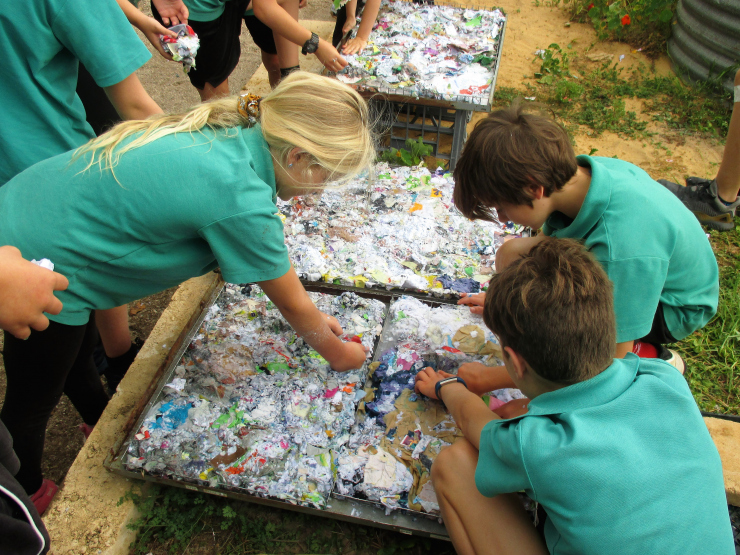
Busselton Senior High School
When students conducted a waste audit, they found their school community was generating large amounts of waste. They created a Waste and Sustainability Plan (WASP) to make real changes in the school. The plan proposed to replace the 40 general waste bins around the school with one main waste station in each quad. Each waste station has three bins: one for recyclables, one for organic waste to be composted and fed to worm farms, and one for general waste. Beverage containers are separated from recyclables to make 10c each through Containers for Change. The student council made an informative video to show the rest of the school community their new waste stations and how to use them. We can’t wait to see the results!
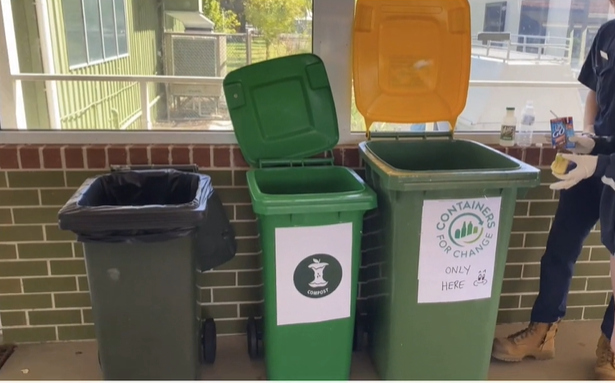
Dunsborough Primary School:
This school has their very own Green Ambassador program, founded by Sustainability Leader Helena Nicholson, which has run since 2010. Two representatives from each class take part. Each student has a list of responsibilities for their class, such as taking food scraps to the chickens, compost, or worms. The Green Ambassadors are identified by special hats or badges (in Year 6) that they wear with pride. In 2021, a new Green Team has been added to tackle bin contamination with members supervising other students as they sort their waste into the bins. This school also links waste learning to the curriculum. We look forward to hearing how the new Green Team goes!
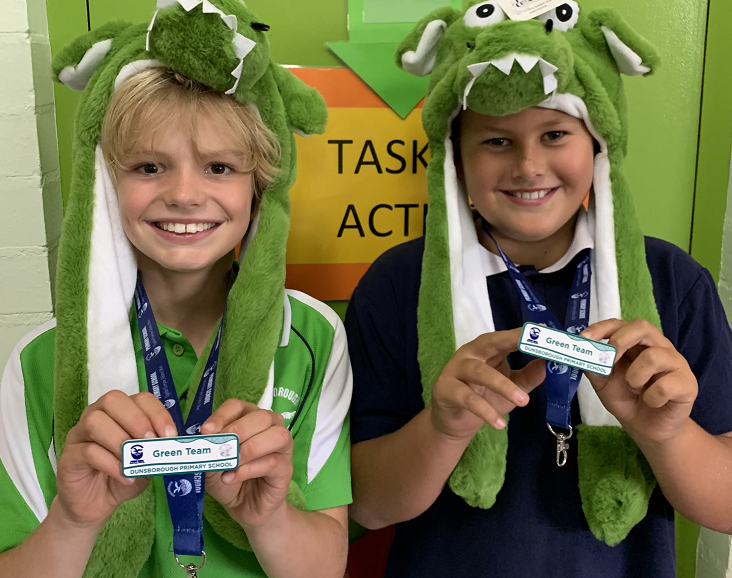
Great Resources!
Many schools are ready to change their plastics packaging to align with the WA Plan for Plastics. If you missed our Q&A with Joanne O’Connor from the WA Single-use plastics team, watch it here, or go to the Plan for Plastics website for updates.
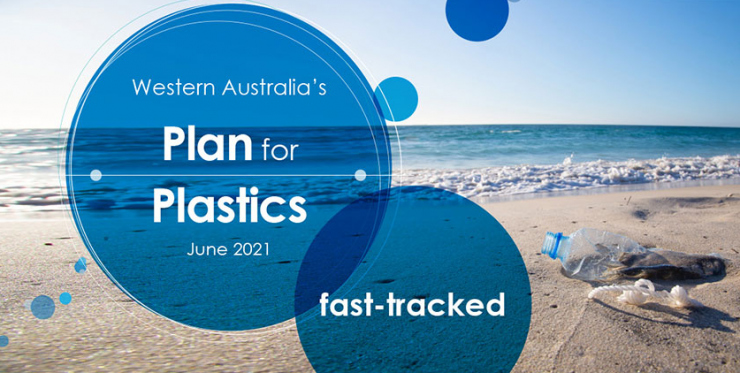
“There’s no such thing as waste, just wasted resources”
Take a walk with Costa through Peg Davies’ garden to see how small changes like placement of worm farms, making friends with the local café, having ducks or drowning weeds can improve your gardening game!
Peg's Passion - Fact Sheets - Gardening Australia - GARDENING AUSTRALIA (abc.net.au)
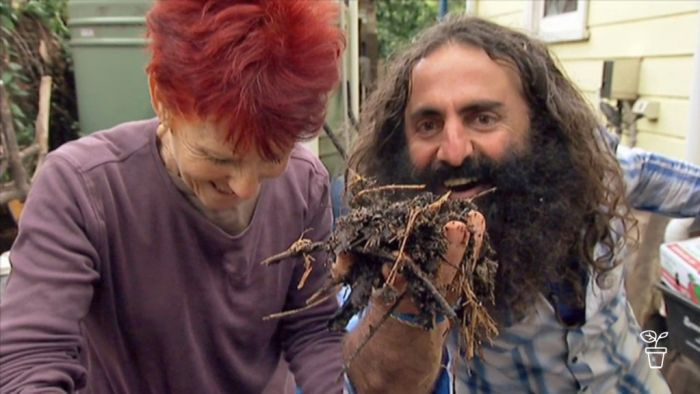
The Great Book Swap: Many schools host an event to encourage reading! Students bring in a favourite book and swap it with another for a gold coin donation.
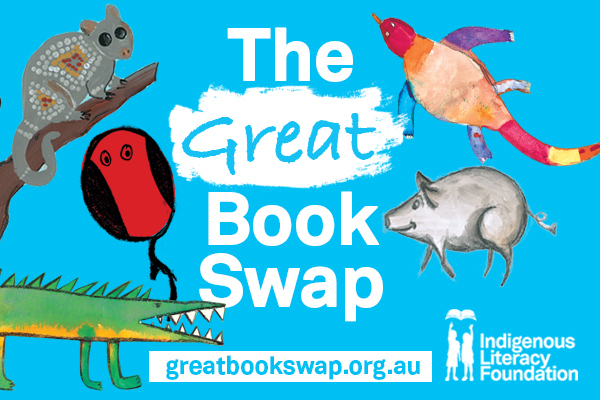
Upcoming Workshops
Visit our workshop page to check out upcoming workshops this term!
Grant Rounds
The latest Waste Wise Schools grant round has closed. However you can start planning your project for the next grant round. Please contact Patrick Hamill from the Waste Wise team with any questions regarding the application or the planning of your project. Pat can assist you over the phone, via email or visit your school if a site inspection is required.
Email: patrick.hamill@dwer.wa.gov.au
Phone: (08) 6364 6644
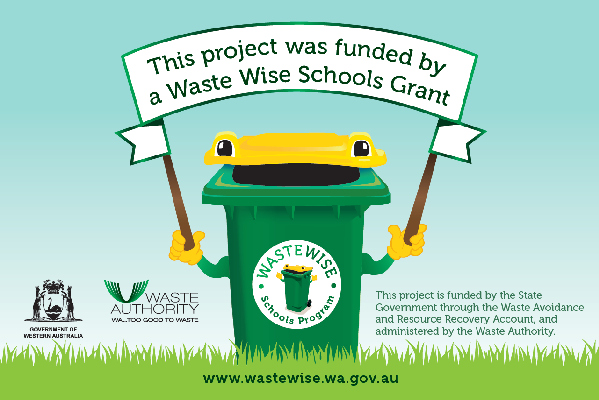
School Incursions
Waste audits:
Schools are already booking waste audits for Term 3 and 4. Available across Perth metro areas and the Kalgoorlie-Boulder area.
WasteSorted Race
Schools are loving the WasteSorted Race incursion to help students learn the importance of sorting their waste! Tailored to your school’s waste system, this 30-minute incursion will cover:
· why sorting waste is important
· the different colour bins waste is sorted into at home and school
· a practical application of waste sorting with a fun interactive race.
Many schools book our metro incursion officers for 2-3 hours to run multiple classes through this engaging activity!
Visual Bin Audits and School Waste Assessments:
Schools are saving money by improving their waste systems.
Our Visual Bin Audit and School Waste Assessment tools help schools to assess their waste services by identifying the type and number of bins available and where services can be adjusted.
Schools find it helpful to book an incursion officer to help use these new tools for the first time.
An incursion officer is available in Perth metro and Kalgoorlie-Boulder areas. Regional schools can also contact Waste Wise Schools for phone or online support to use this resource.
To organise a booking please contact us:
· Suburbs north of the river: Rosie Bruce rosie.bruce@dwer.wa.gov.au
· Suburbs south of the river: Belinda Bloxsome b.bloxsome@aaeewa.org.au (AAEE Waste Wise Support Officer)
· Kalgoorlie-Boulder area: Gabrielle Scannell nursery@kbulg.org.au (KBULG Support Officer)
What do you call a high-ranking soldier who hates recycling?
General Waste.
For more information about the Waste Wise Schools Program, please contact us at wastewise@dwer.wa.gov.au


